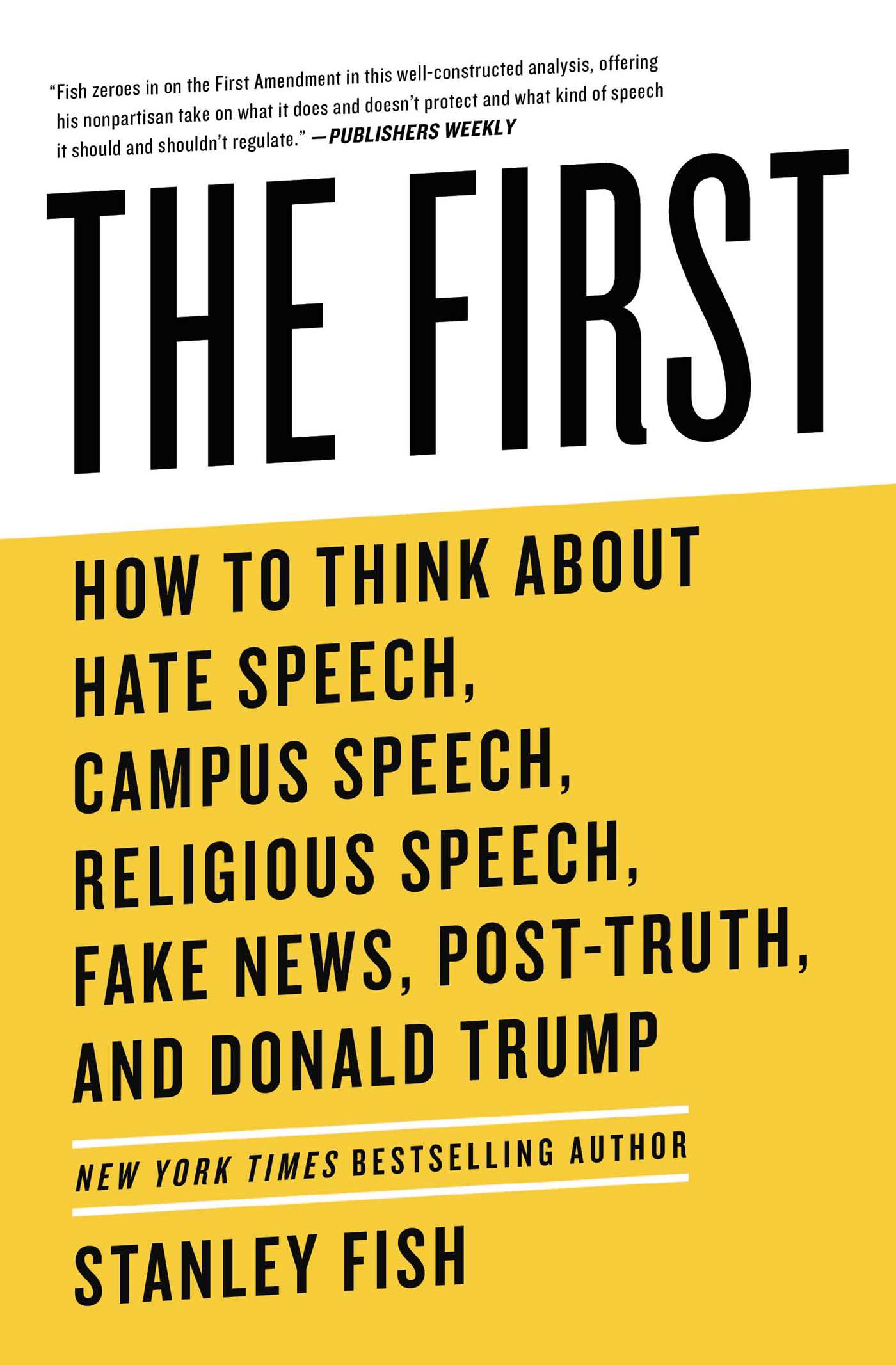What do you think?
Rate this book


240 pages, Paperback
Published December 8, 2020
In the seventeenth century John Wilkins, one of the founders of the British Royal Society, wrote An Essay towards a Real Character and a Philosophical Language (1668). The idea was to replace the ambiguity and redundancy of ordinary language with a finite universal set of symbols that would provide “elementary building blocks from which could be constructed the universe’s every possible thing and notion.” Such a language, Wilkins argued, would be free of redundancies (more than one word signifying a single thing), equivocals (words that refer to more than one thing), and metaphors (words that tell you not what a thing is but what it is like). Much later, in the twentieth century, the logical positivist Rudolf Carnap constructed a language in which “every primitive term is a physical term”; should you wish to speak of matters other than physical ones, you must define them in relation to those basic terms. Once again, no equivocals, no redundancies, no metaphors, and, also, no metaphysics. In the mid-twentieth century George Orwell offered a popular version of this perennial project when in “Politics and the English Language” (1946) he urged speakers and writers to purge foreign vocabularies from the English language and to limit themselves to good down-to-earth Anglo-Saxon words that refer precisely to things and not to abstractions. If we can thus purify our language, he declared, we will at the same time purify our thoughts and engage in a purified politics. (If it were only that easy!)
One day in early 1980, I bought a book and boarded a train in Philadelphia's Penn Station, intending to get off at Swarthmore. I missed the stop because I was so absorbed in the book that I never even noticed that we were pulling in and out of a series of small towns. The book was Richard Rorty's Philosophy and the Mirror of Nature, and by the time I finally got to my destination, I was an acolyte [my emphasis].